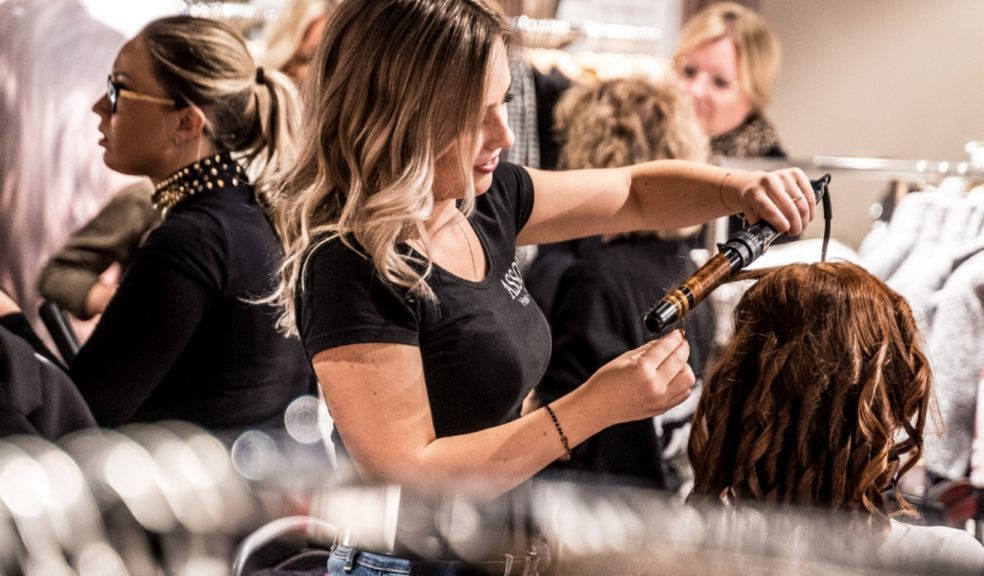
Helping hairdressers spot the signs of domestic abuse
Devon CIC More Positive Me is organising a free webinar to help hairdressers spot the signs of domestic abuse. The webinar will give them the information they need to start a conversation and signpost victims to organisations that can help them.
Funded by East & Mid Devon Community Safety Partnership, the live webinar is taking place on February 17 at 7pm, by invite only. From February 18 the recording will be available as part of a short course for any hairdressers to sign up to.
Jeanette Brown and Debbie Coleiro, founders of More Positive Me who both have lived experience of domestic abuse, believe that hairdressing salons are one space where people, particularly women, open up about their lives.
Jeanette said: “Women often think of their hairdresser as a ‘safe’ person to chat to about all sorts of life issues, from work and holidays to children and relationships. Sometimes they will disclose very personal worries - and if this involves domestic abuse there’s a real opportunity for their stylist to offer support by giving them practical advice.”
DA support worker Michelle Deem is a former hairdresser who has first-hand experience of clients disclosing worrying incidents and ongoing domestic abuse. She explained: “I worked as a hairdresser for 20 years, and people often talked about what was going on in the house.
“Although nobody ever actually said they were being abused, clients would mention that their partner wasn’t very nice, that they wouldn’t allow them to go anywhere, or that as they were having their hair done, it must be because they were having an affair.”
All these are indicators of potential abuse, which the webinar will highlight. Using plain language and easy to follow advice, it will cover topics such as recognising abuse, how to hold the conversation and where to sign post people to. Jeanette and Debbie are hoping that by raising awareness among hairdressers that lives could be changed - or even saved.
According to the Femicide Census report, almost 7 in 10 women killed by a current or former partner told someone they were experiencing domestic abuse before they died.
“These are stark figures indicating that family, friends or people such as hairdressers were aware of the problem but didn’t know what to do with the information,” says Jeanette. “Although it absolutely not their fault, if they had known what to do, the tragic outcome for the victims might have been avoidable.”
Dependent on funding, there may also be an opportunity to follow this up with training to become domestic abuse ambassadors through J9 training.













